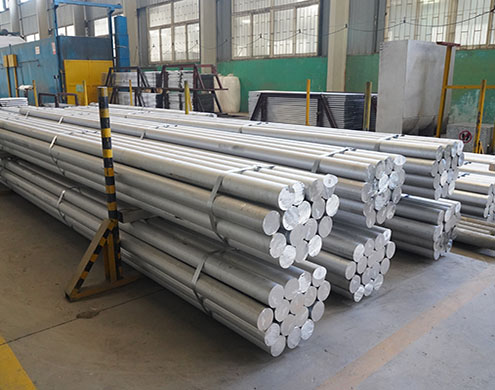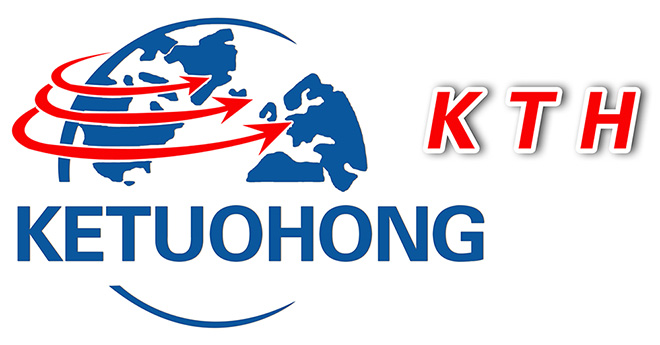Aluminum is indispensable in the energy sector and is conducive to sustainable development.

As the world accelerates its transition to renewable energy and sustainable infrastructure, aluminum has become a key material driving innovation in the energy sector. The aluminum market continues to grow globally. Aluminum is widely used in a wide range of industries, from solar panels to electric vehicles, from architectural design to defense, aviation, renewable energy, and energy storage. Its lightweight, durable, and recyclable nature makes it a key material in shaping a greener future.
Aluminum is Used in the Energy Sector
• Solar Energy: Aluminum is a key component of photovoltaic (PV) solar panels, providing structural support for frames and mounting systems. Its excellent corrosion resistance and lightweight properties make it an ideal choice for solar farms and rooftop installations. With the rapid expansion of solar power, demand for aluminum is increasing rapidly.
• Wind Energy: Wind turbine blades and towers are made of aluminum alloys. Their high strength-to-weight ratio significantly reduces transportation and installation costs, while also providing durability and corrosion resistance in harsh environments.
• Electric Vehicles (EV) and Batteries: The electric vehicle revolution hinges on lightweight materials to extend battery range. Aluminum is used in vehicle frames, chassis, and battery housings. As new energy vehicle manufacturers strive for greater cost-effectiveness, the role of aluminum will continue to grow.
• Energy Storage and Grid Modernization: Aluminum conductors are used in transmission lines due to their excellent conductivity and cost-effectiveness. Aluminum is also widely used in battery energy storage systems, as renewable energy grids continue to grow.
Demand for Aluminum is increasing
Global industrialization and the massive release of greenhouse gases into the atmosphere from human activities have led to intensified climate change. To address the global climate crisis, protecting natural resources, reducing carbon emissions, effectively managing waste, and improving energy efficiency require the implementation of sustainable development strategies and the promotion of recycling. This has led to a growing demand for the green metal aluminum. Studies have shown that the use of aluminum can significantly reduce carbon emissions into the atmosphere. To reduce carbon emissions, countries around the world are accelerating the transition from petroleum-based production to aluminum and other recyclable products.
Aluminum's Sustainability and Recyclability:
A closed-loop advantage: Unlike many materials, aluminum can be recycled indefinitely without degrading its quality. Nearly 75% of aluminum produced globally is still in use, making it a cornerstone of the circular economy. This recyclability significantly reduces the carbon footprint of aluminum's energy-intensive technologies.
Challenges and Future Outlook: While aluminum production is energy-intensive, advances in green aluminum produced using renewable energy are alleviating environmental concerns. The company is leading the development of carbon-free smelting processes.




